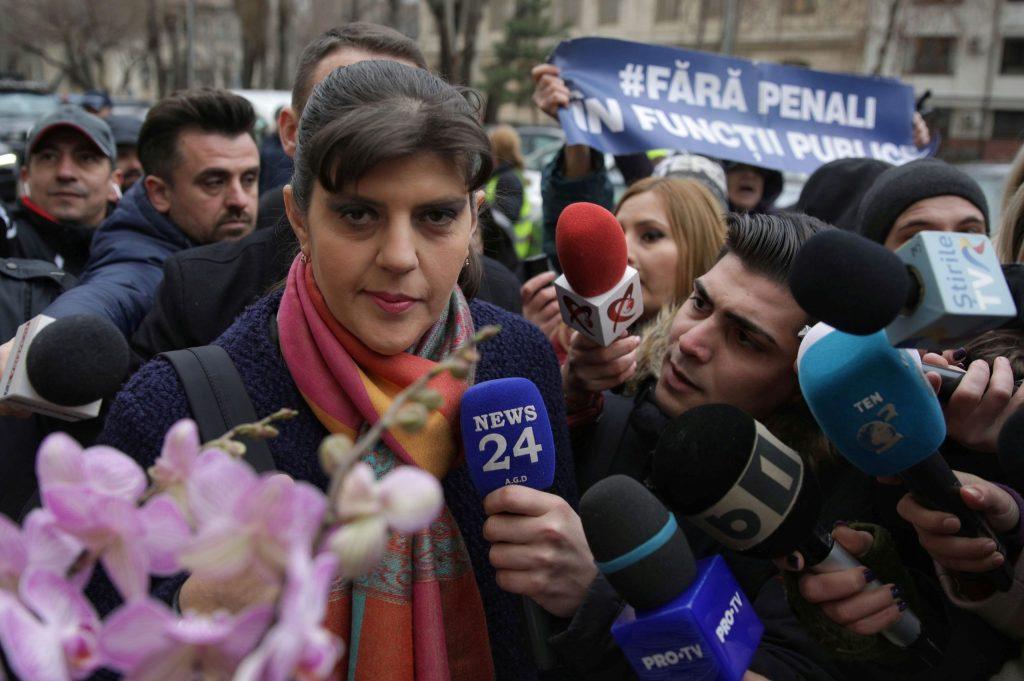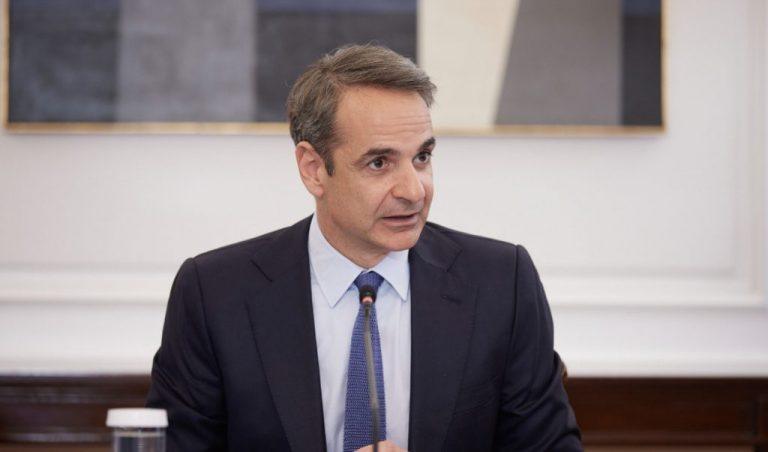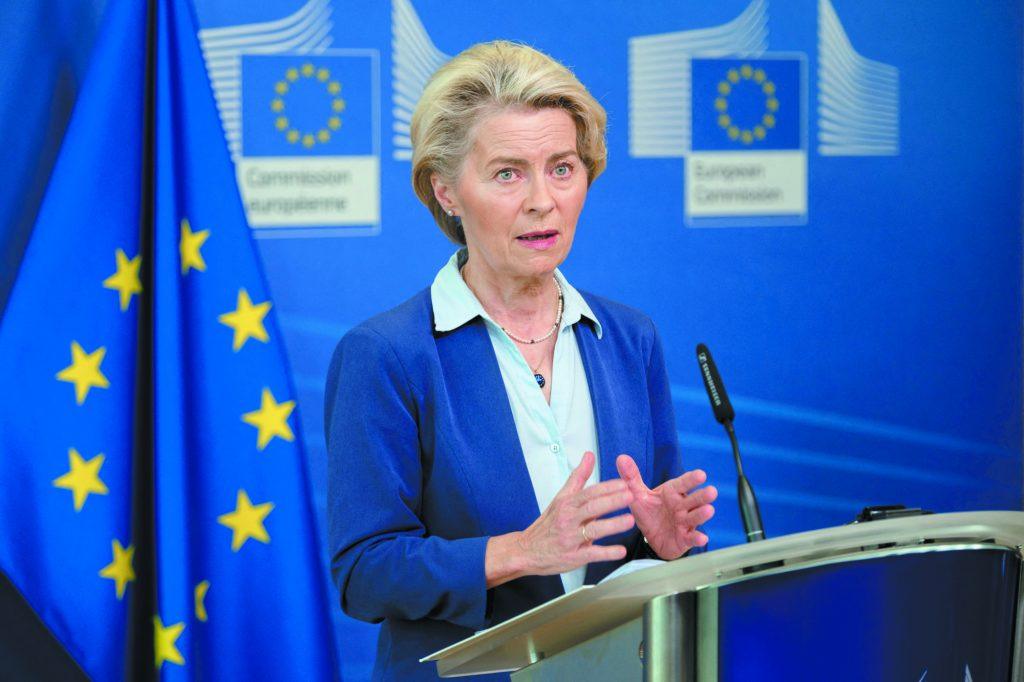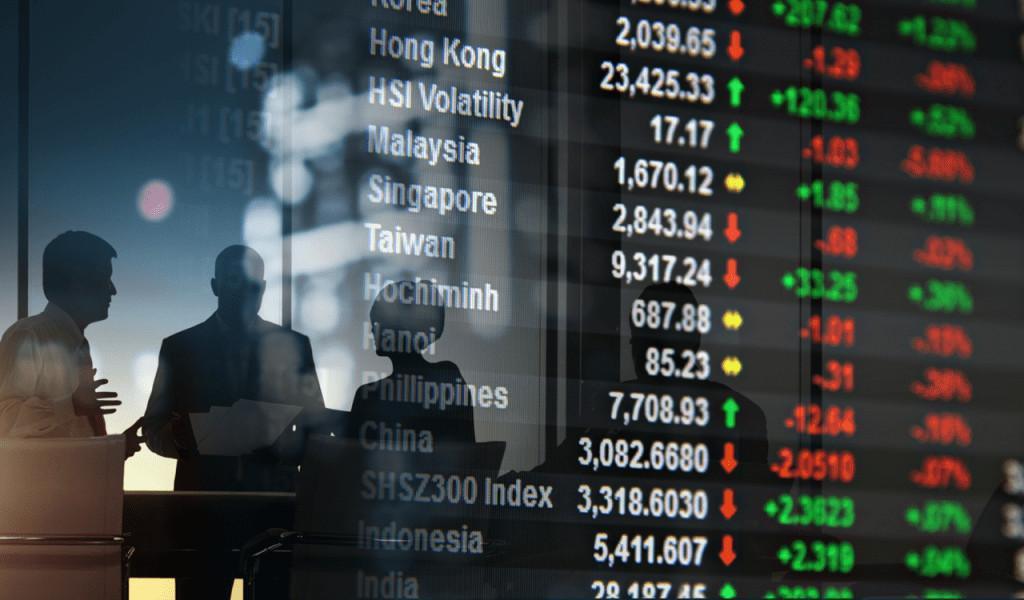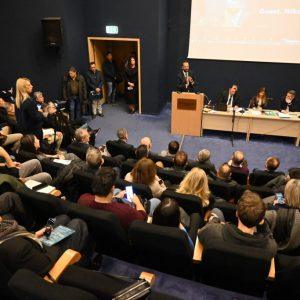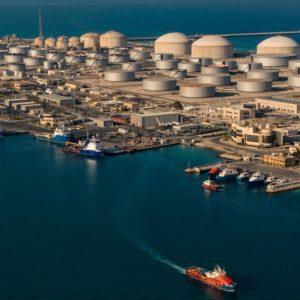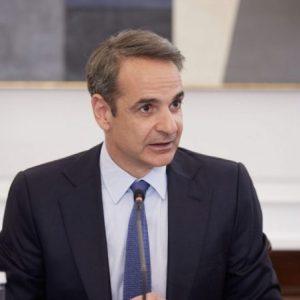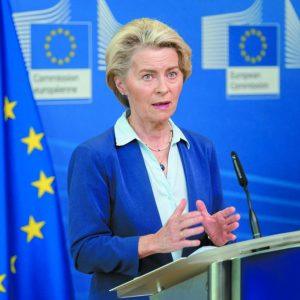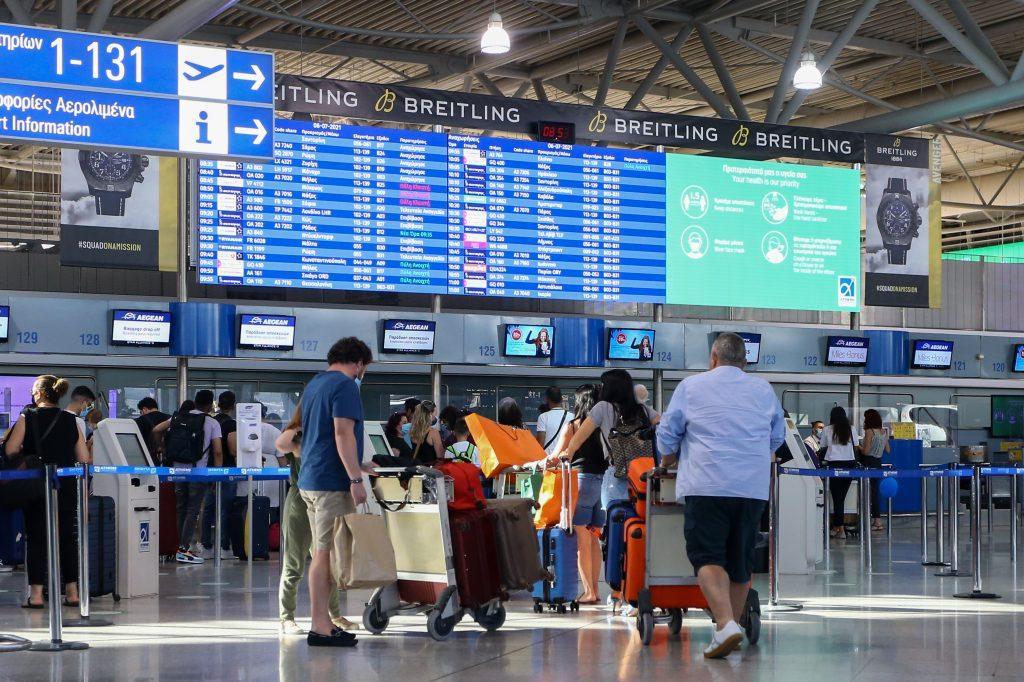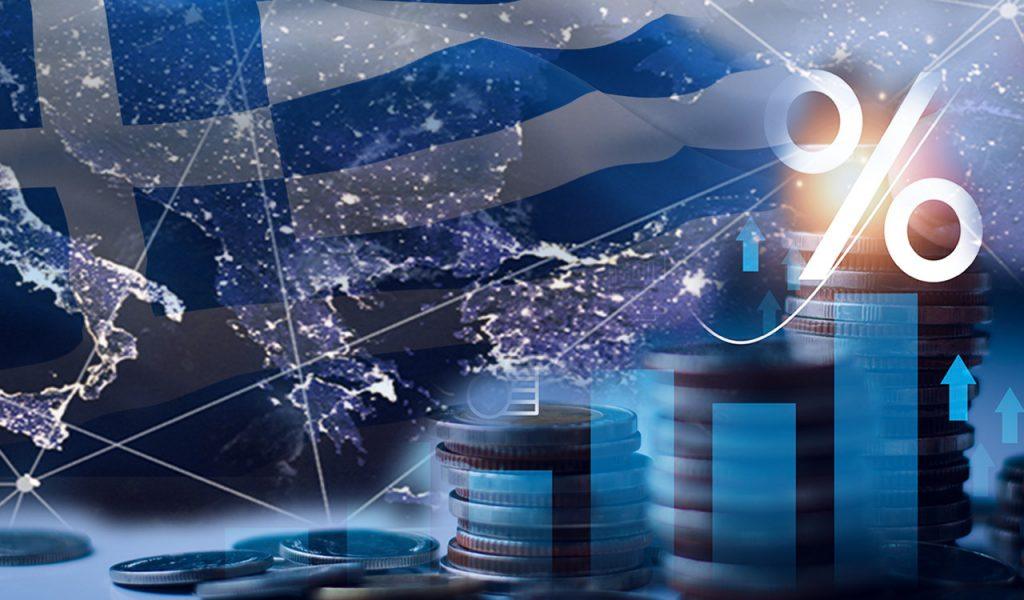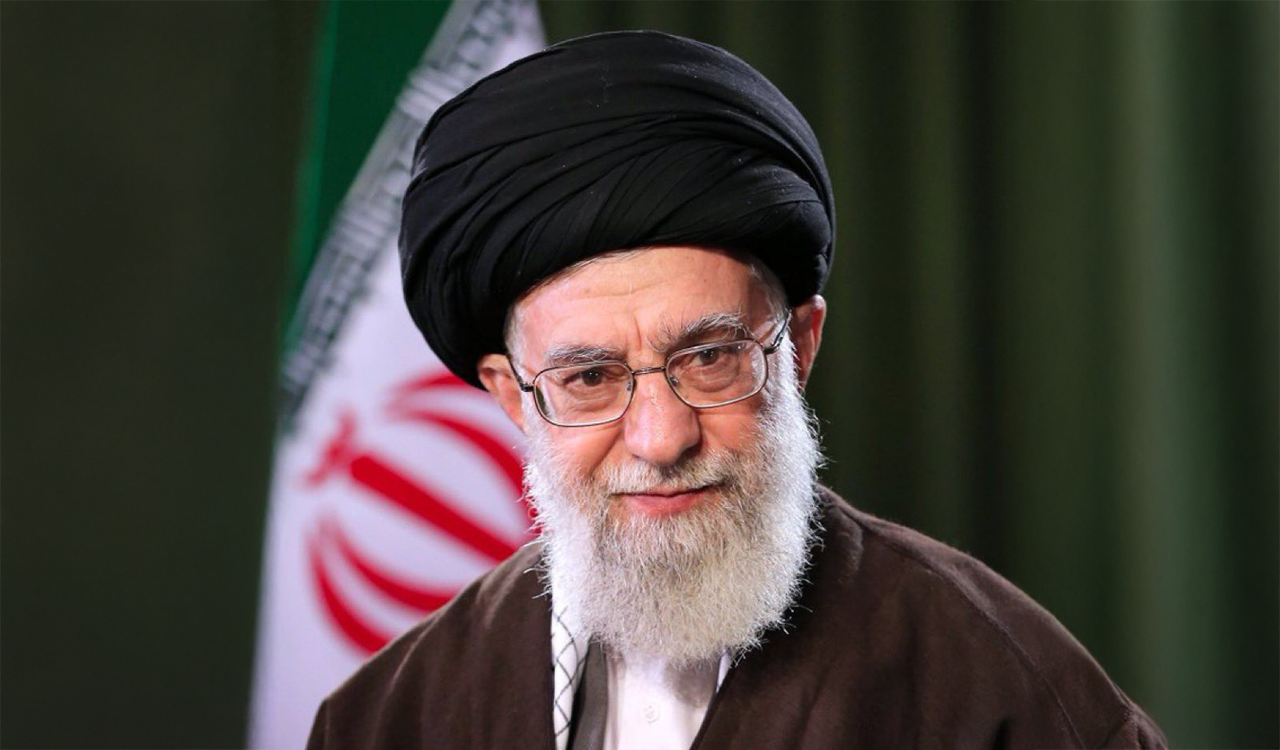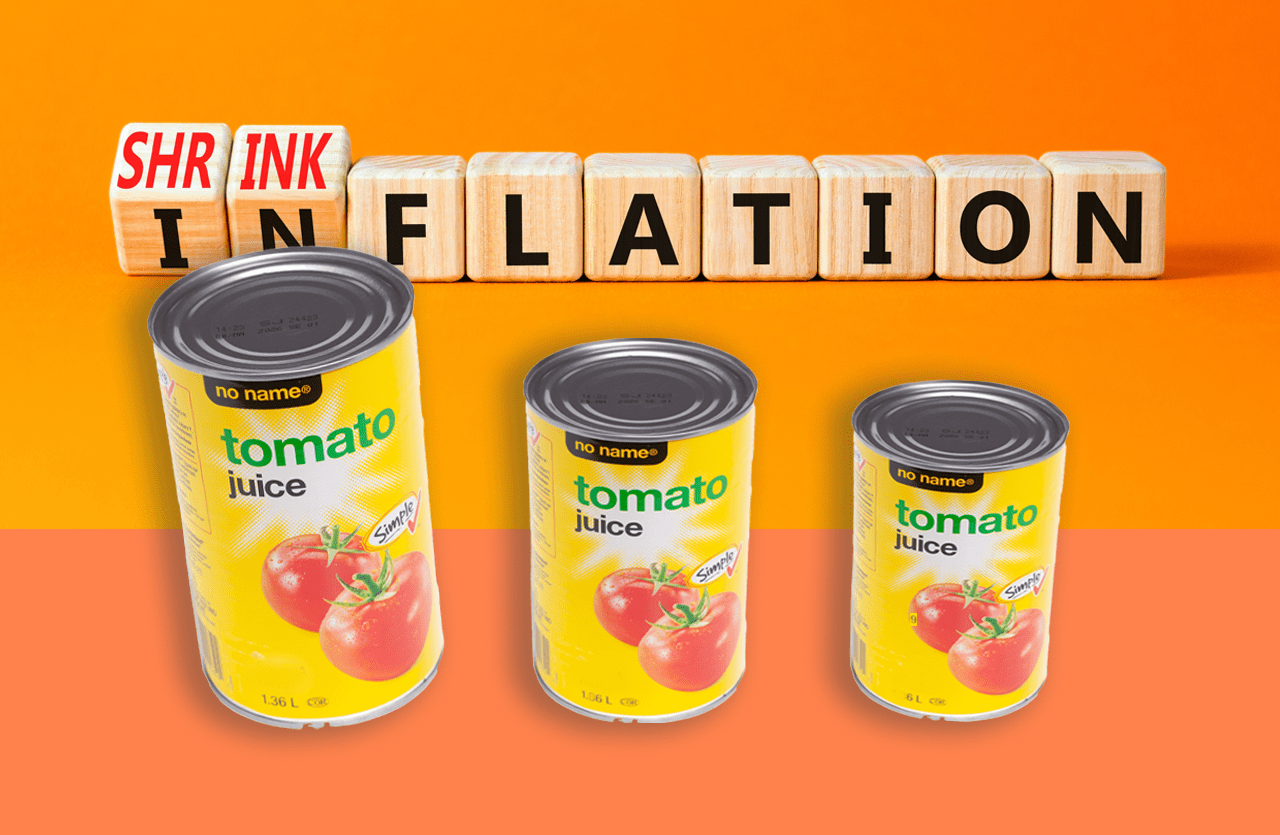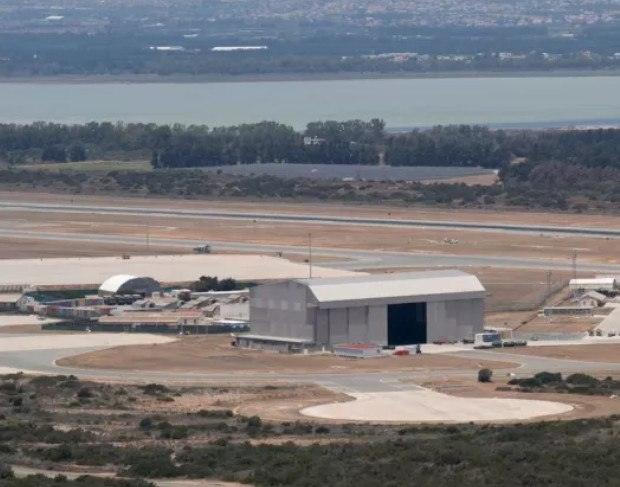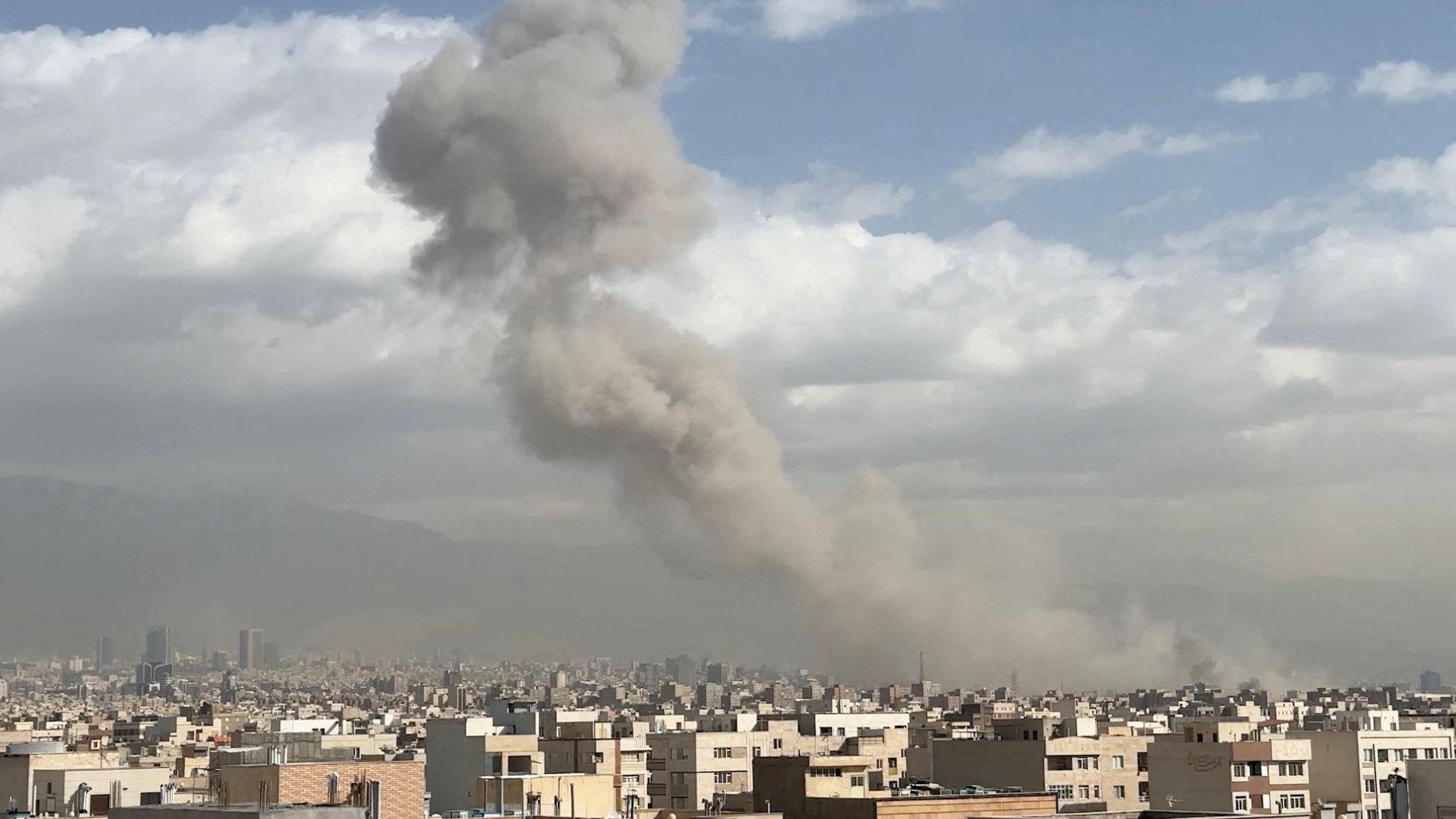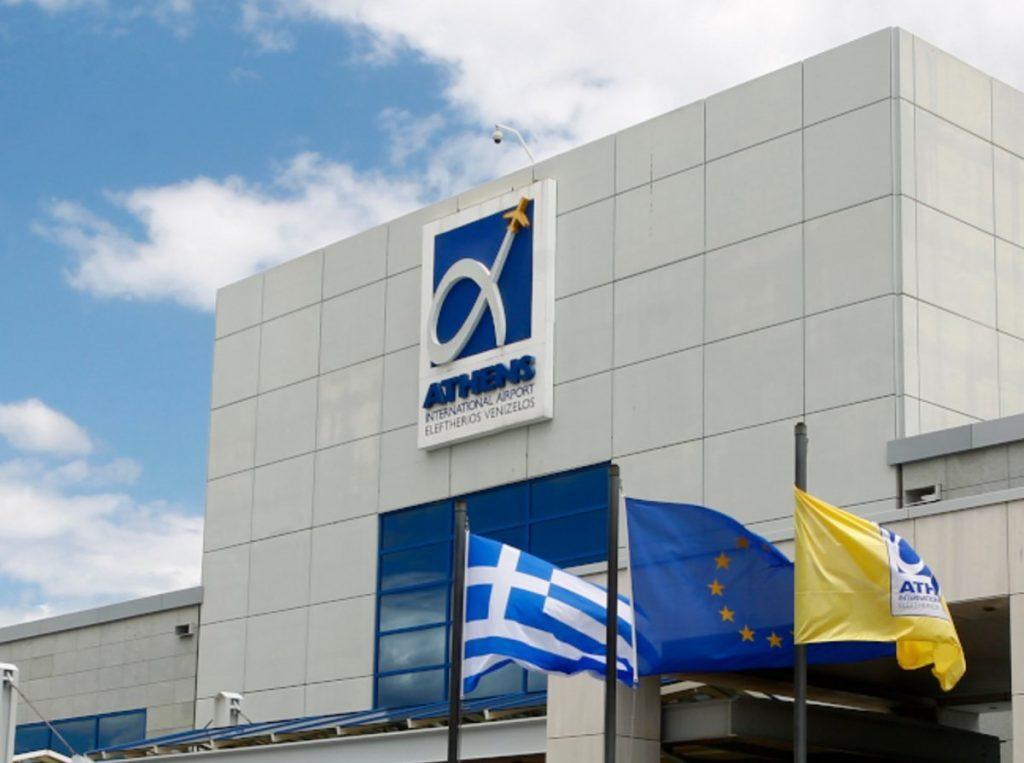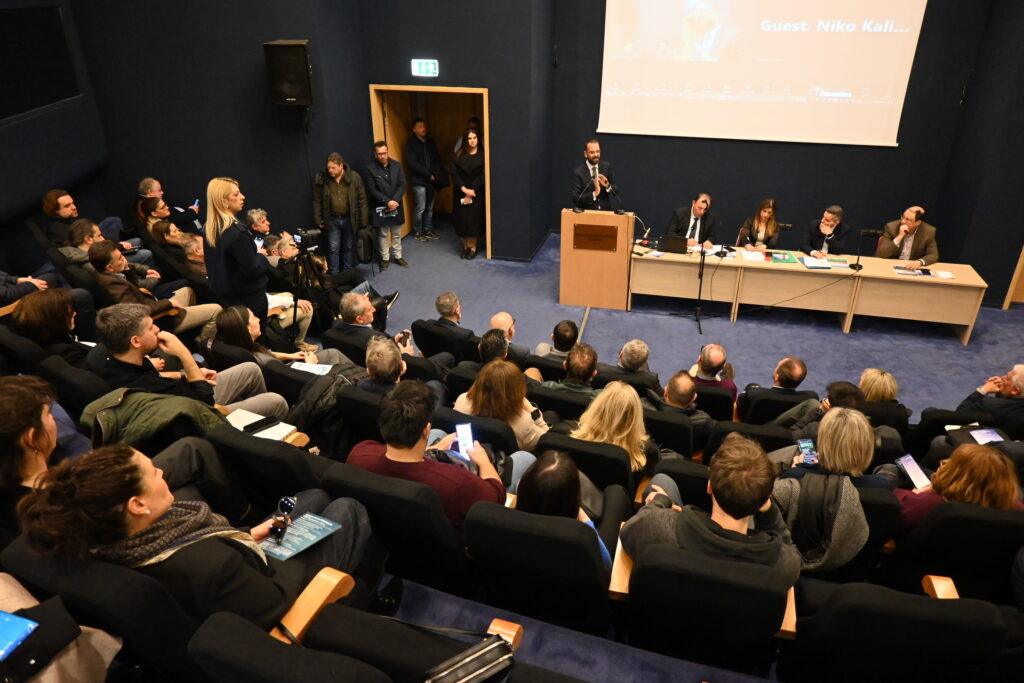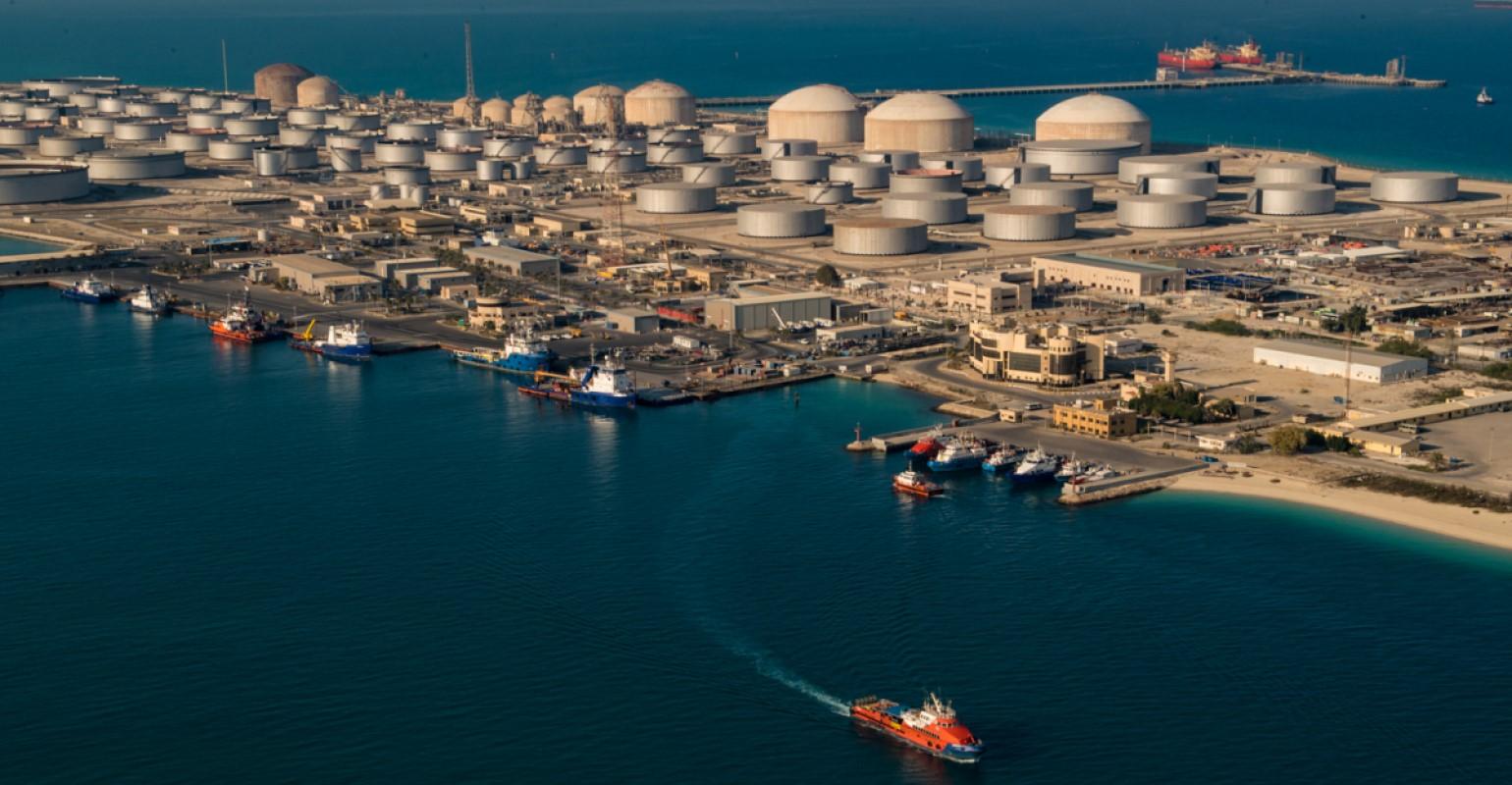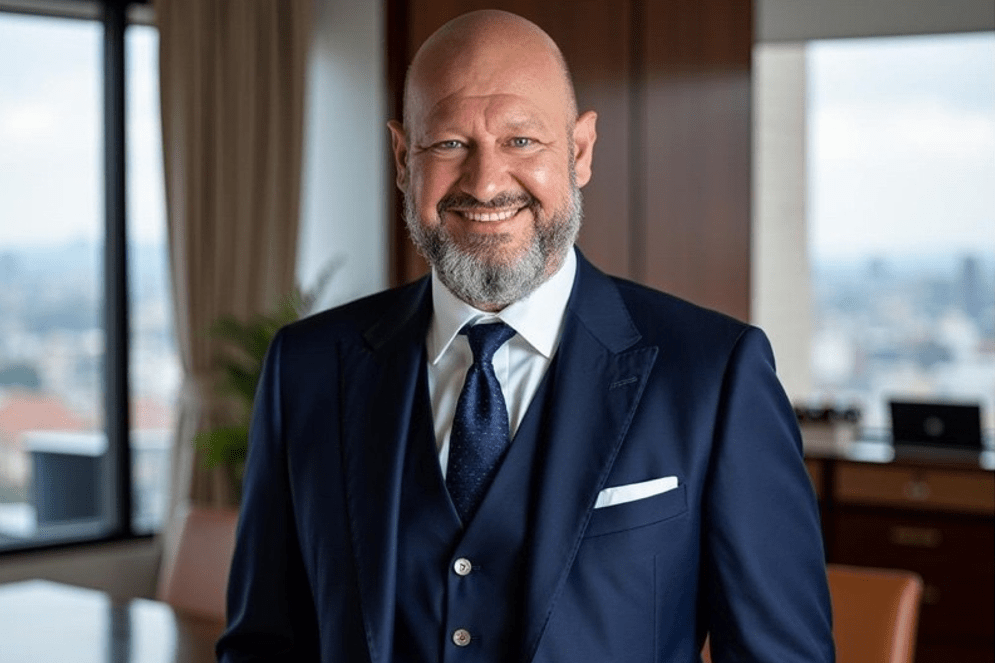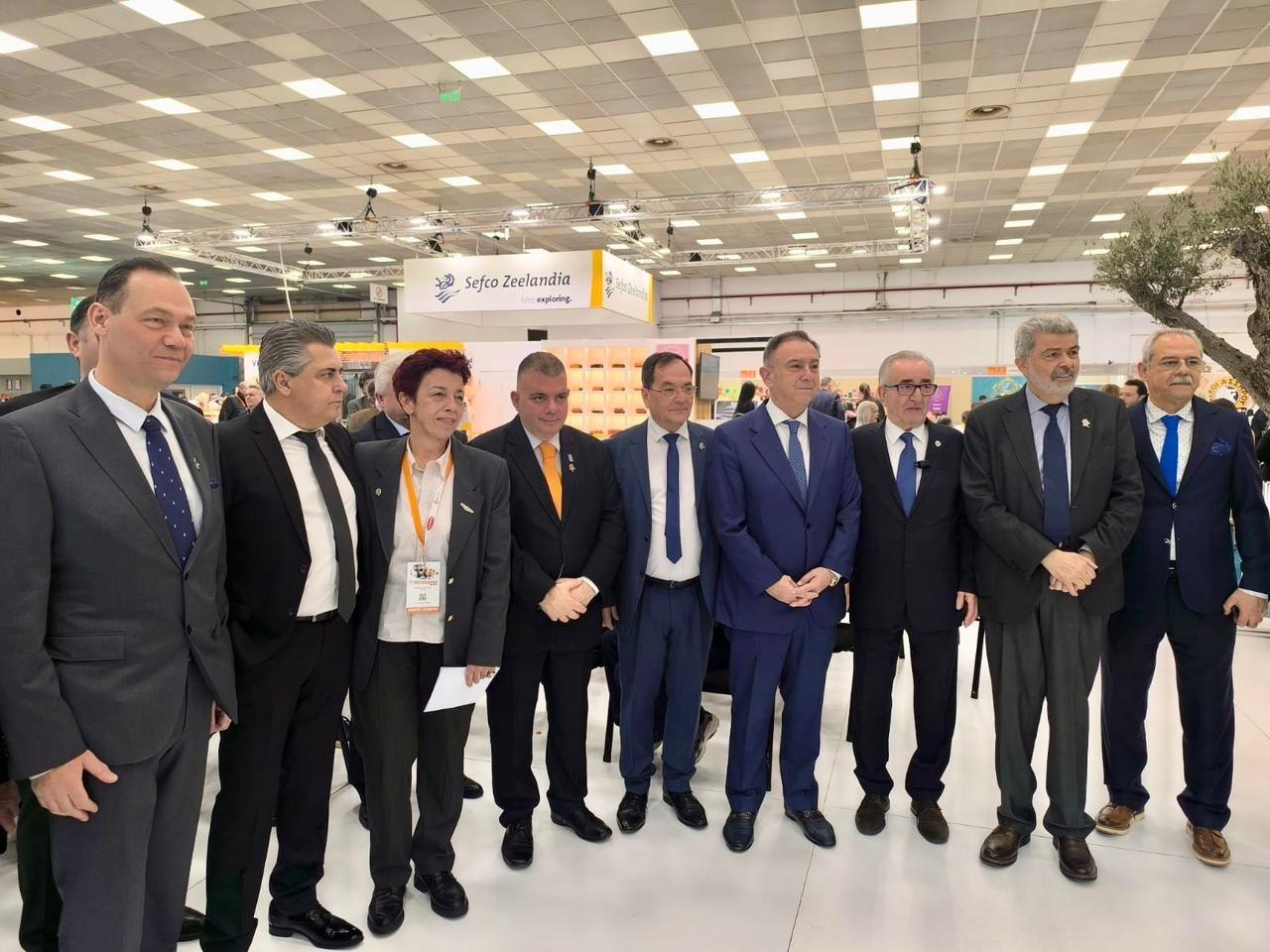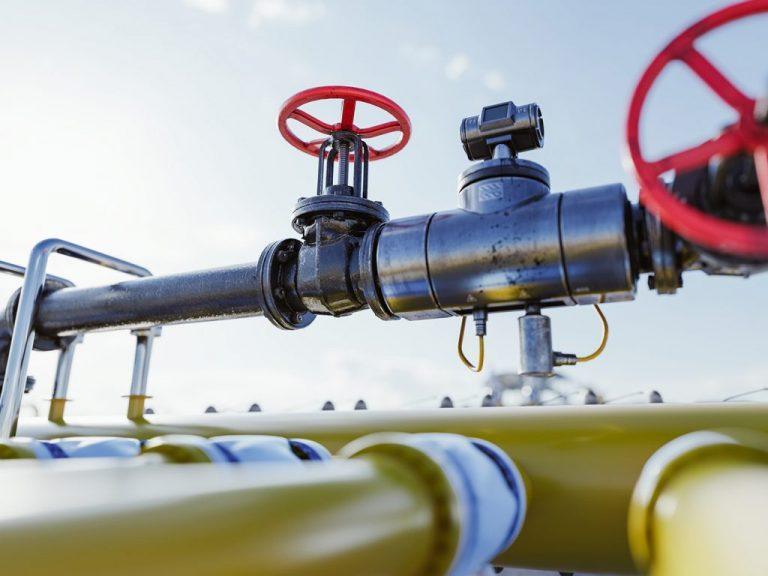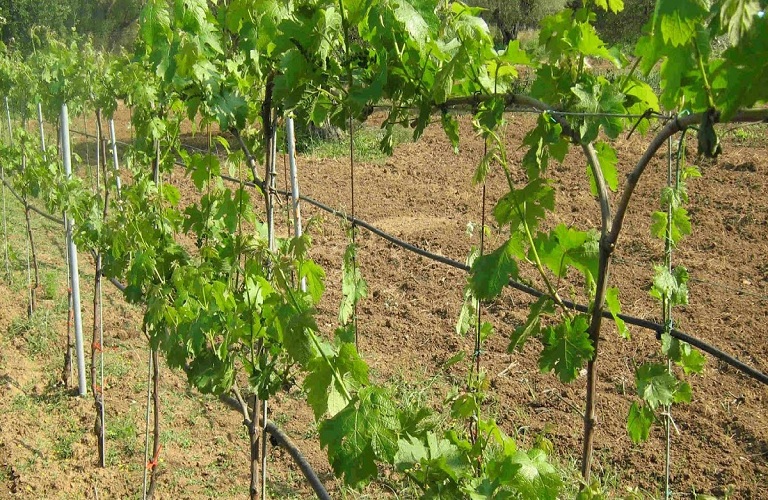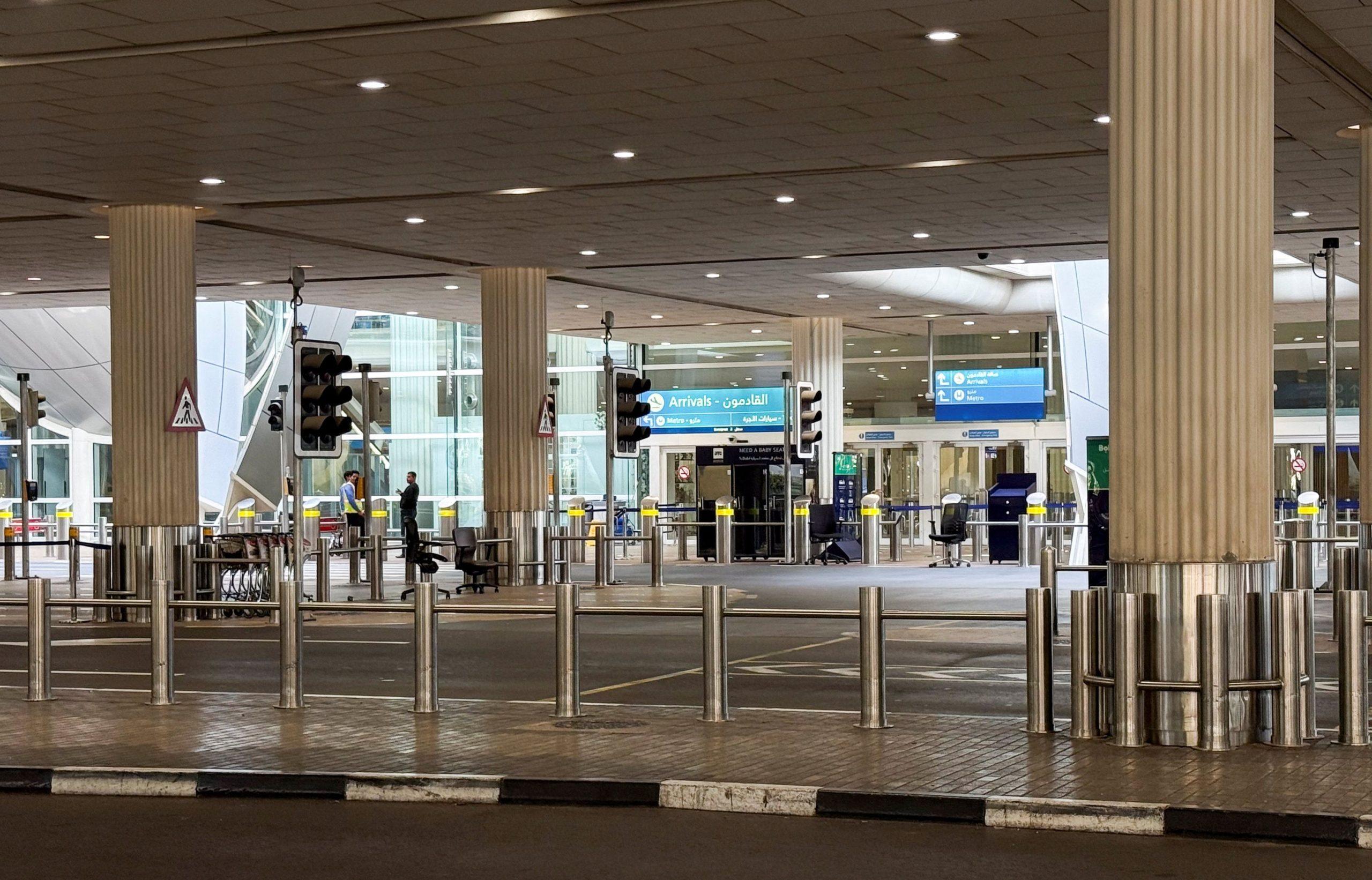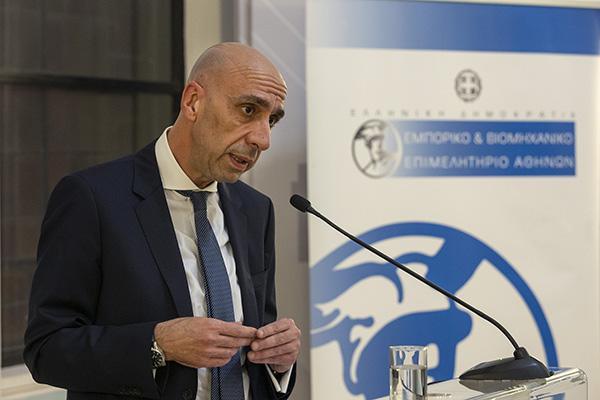Few figures in European justice embody the rare blend of determination, vision, and incorruptible integrity that Laura Codruța Kövesi does. Born in 1973 in Sfântu Gheorghe, Transylvania, Kövesi grew up in a time of political upheaval and social instability that instilled in her an unshakable sense of justice. She has followed it unwaveringly ever since. “The law is equal for all,” she insists—and unlike many, she backs the words with results that command respect.
At just 15, she played in the European Youth Basketball Championship, shortly before her country was rocked by the violent suppression of revolution. “How many of the people who cheered for us in those games were later injured or killed in the revolution?” she recalls—a memory that fuels her enduring sense of duty.
Breaking Barriers in Law
At law school, Kövesi chose criminal law, defying the prevailing belief that prosecution was a “man’s field.” “The first thing I was told when I said I wanted to become a prosecutor was that the job was not for women. I had to work twice as hard as men, just to prove that a woman’s prosecutor’s office could be just as effective,” she remembers.
At just 33, she became Romania’s youngest—and first female—Attorney General, later taking the helm of the country’s National Anticorruption Directorate (DNA). Under her leadership, the DNA became synonymous with relentless prosecution of politicians and business leaders who broke the law.
But her uncompromising stance made her unpopular with her own government. Political pressure and orchestrated attacks on her character only underscored the importance of her independence. In 2018, her dismissal was ruled by the European Court of Human Rights as a violation of her fundamental rights.
Leading Europe’s Fight Against Corruption
Kövesi’s career then entered the European stage. In 2019, she became the first-ever European Chief Prosecutor, leading the newly established European Public Prosecutor’s Office (EPPO). “The measure of our success will be the trust of citizens,” she declared when appointed. Since then, the EPPO has handled more than 2,000 crime reports and launched 350 investigations involving billions of euros from the EU budget.
“There is no such thing as a ‘clean country,’” Kövesi stresses. “Criminals exist in both Eastern and Western Europe. My role is to ensure the law is equal for everyone.”
Her work extends across borders—including Greece, where she has opened probes into long-standing abuses of EU funds. “The results are already visible,” she notes, despite attempts to create a “smoke screen” around certain cases. She emphasizes her mission clearly: to protect honest citizens who are not part of financial scandals.
The EPPO is also investigating large-scale fraud and illicit trafficking through Europe’s ports. “Every port in Europe is exposed. As far as I know, cocaine doesn’t fall from the sky—it enters through ports,” she warns, calling for urgent and coordinated action.

Unmoved by Threats and Pressure
Kövesi has faced threats throughout her career. “I’ve been threatened many times, but I don’t talk about it publicly,” she admits. What matters most to her is the independence of her office—a “red line” she refuses to let anyone cross. Her mission, she insists, is not political sparring but justice itself.
“Justice cannot become a reality show. If you want the truth, don’t put witnesses on television. A cat doesn’t catch mice with a bell tied around its neck,” she quips, summing up her disdain for spectacle over substance.
A Symbol of Uncompromising Justice
From investigating €1.3 billion in VAT fraud to demanding transparency at the highest levels of the European Commission, Kövesi has proven that her work cuts across all spheres of power. “There are not two different criminal worlds. Street mafiosi and white-collar criminals are two sides of the same coin,” she says.
Her story is ultimately one of a woman who refused to accept anything less than equality before the law. From the Carpathians to Luxembourg, her journey reflects the greatest challenges of our time: corruption, financial crime, and the protection of ordinary citizens.
And through it all, Laura Kövesi remains unflinching: “Economic crime and corruption can kill,” she warns, citing cases across Europe that prove the devastating consequences of impunity.
In a continent often clouded by political interference and conflicting interests, Kövesi is a reminder that justice is not just an institution—it is a way of life.
Source: tovima.com
